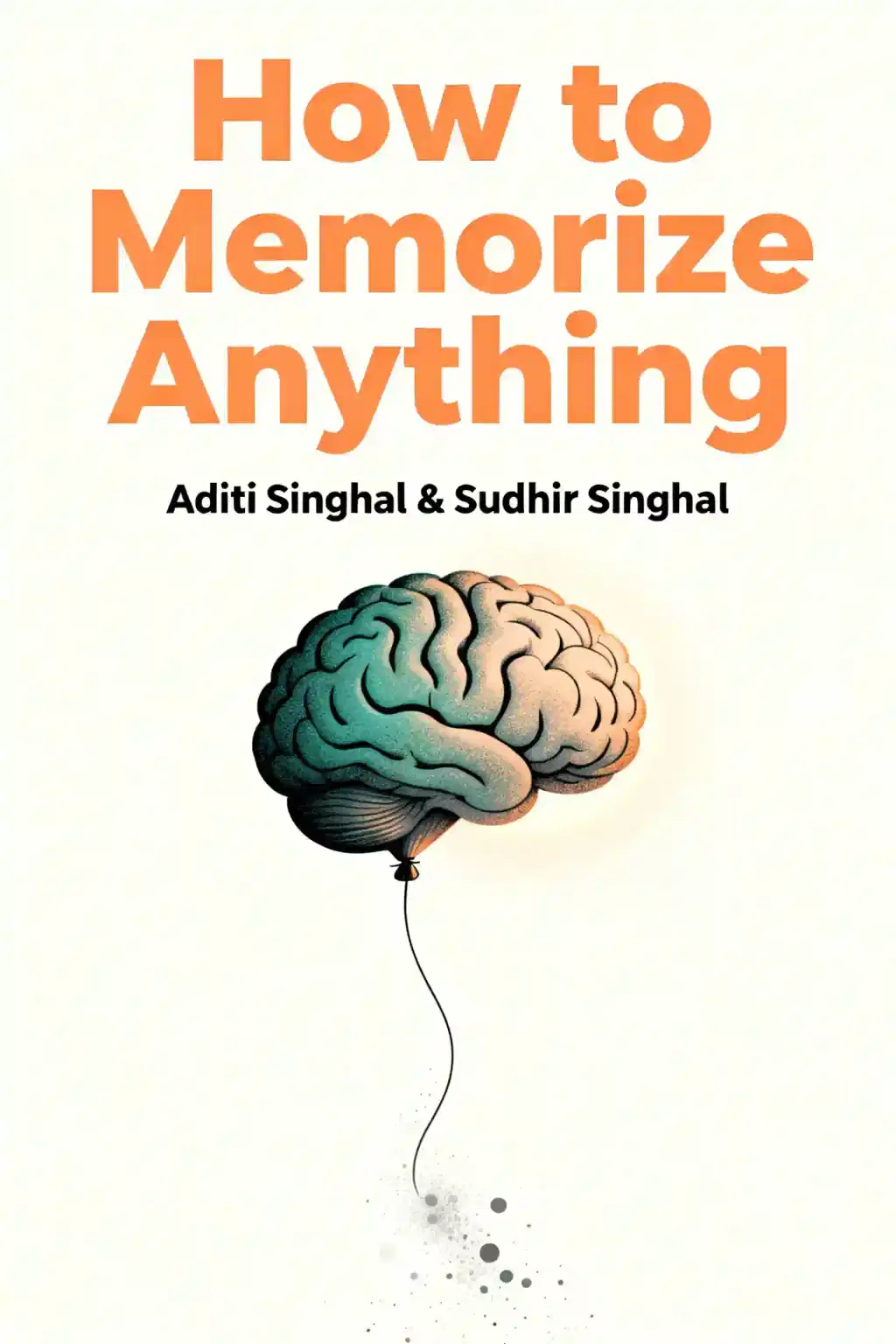
Staring Down the Wolf by Mark Divine Summary
Overview of Staring Down the Wolf
Former Navy SEAL Mark Divine reveals how elite teams conquer fear through seven commitments: courage, trust, respect, growth, excellence, resiliency, and alignment. Embraced by business leaders for its powerful "two wolves" metaphor, this guide transforms vulnerability into your greatest leadership strength.
Similar books to Staring Down the Wolf
Feel the book through the author's voice
Turn knowledge into engaging, example-rich insights
Capture key ideas in a flash for fast learning
Enjoy the book in a fun and engaging way
Key takeaways
Facing Your Inner Wolf: The Elite Leader's Journey
Leadership isn't just about tactical skills - it's about confronting the "fear wolf" within. Mark Divine, former Wall Street accountant turned Navy SEAL commander, discovered this truth while standing on the beach during Hell Week, waves crashing around him and instructors screaming in his face. We all carry two wolves inside us - a fear wolf craving drama and negativity, and a courage wolf seeking connection and growth. The one that controls you is the one you feed most. This Native American wisdom forms the foundation of Divine's leadership philosophy, challenging us to recognize that our greatest leadership obstacles aren't external but internal. In today's volatile, uncertain, complex and ambiguous business environment, old leadership maps no longer work. The key is developing emotional, moral, and spiritual strength by confronting your deepest fears and negative patterns. What separates ordinary teams from those capable of extraordinary achievement? Divine identifies seven core commitments that build teams capable of achieving twenty times more than average ones. These commitments - courage, trust, respect, growth, excellence, resiliency, and alignment - form an interconnected chain, with each building upon the previous. Without courage, you won't trust; without trust, you won't get respect; without respect, you won't grow; without growth, you won't express excellence; without excellence, you won't be resilient; without resilience, your team can't align with your vision. These principles have transformed organizations from Harvard Medical School to SpaceX, where leaders face their own versions of SEAL Hell Week every day.
When Leadership Falls Short: Learning Through Pain and Courage
Trust and Respect: The Foundation of Elite Teams
Growth and Excellence: Breaking Through Limitations
Resilience and Alignment: Transforming Teams into Unified Forces
Becoming Whole: The Future of Leadership
Quick Summary Mode - Read or listen to Staring Down the Wolf Summary in 8 Minutes
Break down key ideas from Staring Down the Wolf into bite-sized takeaways to understand how innovative teams create, collaborate, and grow.
Flash Card Mode - Top 6 Insights from Staring Down the Wolf in a Nutshell
Distill Staring Down the Wolf into rapid-fire memory cues that highlight Pixar’s principles of candor, teamwork, and creative resilience.

Fun Mode - Staring Down the Wolf Lessons Told Through 23-Min Stories
Experience Staring Down the Wolf through vivid storytelling that turns Pixar’s innovation lessons into moments you’ll remember and apply.
Personalize Mode - Read or listen to Staring Down the Wolf Summary in 0 Minutes
Ask anything, pick the voice, and co-create insights that truly resonate with you.

From Columbia University alumni built in San Francisco

Get the Staring Down the Wolf summary as a free PDF or EPUB. Print it or read offline anytime.











